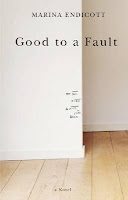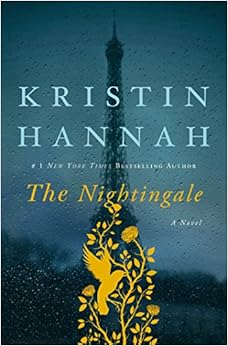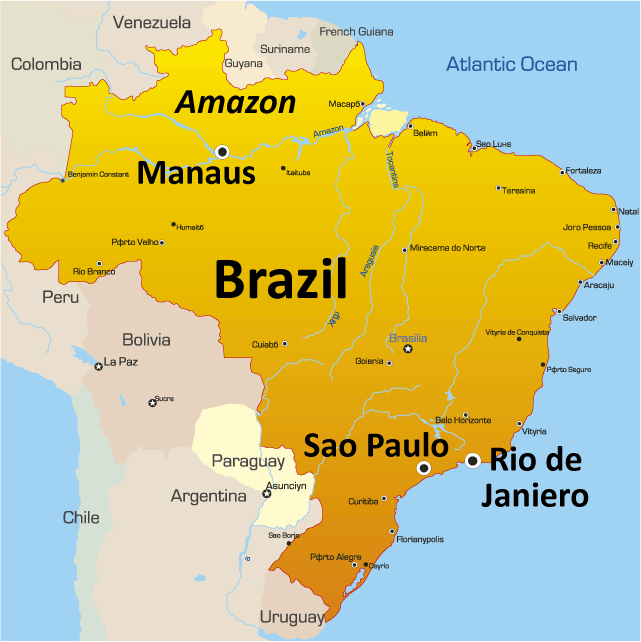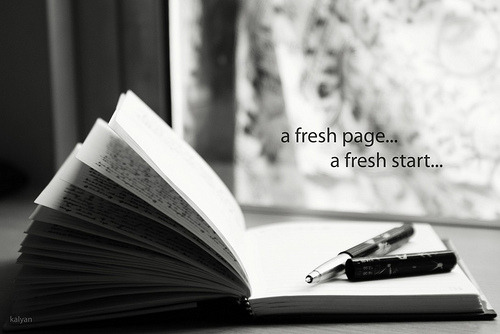Girl at War
by Sara Novic

In 2013, I went on a European cruise with my mother and my daughter, who was then 15 years old. It was truly an amazing journey ... we flew into Venice, stayed two days, then boarded the cruise ship and sailed to Dubrovnik, Croatia; Izmir, Turkey; Athens, Greece; and back around to Split, Croatia before returning to Venice. Every stop was magical, but Croatia in particular touched my heart and my imagination, and ever since, I've wanted to learn more. We spent the day in Dubrovnik with a local tour guide who knew his country's history backwards and forwards and took care to share with us not only the history of Croatia, but also its recent political upheavals. Most important to me were the stories he told about the people of Croatia and how things we only see on television or read about briefly in our American newspapers impacted real human beings. His telling made history and current events and media headlines stark and brutal and shockingly real, and he reminded me of how shamefully easy it is to sit in my comfortable life and forget about the world's pain and suffering.
Since then, I have wanted to learn more about the civil war that led to Croatia's birth and the genocide that sadly got so little attention. As always, I searched for a fictionalized version of those events to help it resonate in ways that nonfiction simply cannot. Girl at War, by Sara Novic, did exactly that. The novel does not read like historical fiction. Rather, the details of the war are largely background and instead, Novic depicts for us the impact those events had on a young girl, her family, her country, and her sense of identity and belonging in a world that so horrifically let her down.
The story opens in 1991 near Zagreb, which is now Croatia's capital, and Ana is 10 years old, blissfully ignorant of the danger that surrounds her and her community. She loves her parents, her baby sister Rahela, her best friend, school, and all of the simple routines that make being 10 a wonderful time in life. The first couple of chapters depict this simplicity and show perfectly how a child accepts their surroundings, often without questioning or recognizing that something isn't as it should be. Ana asks her father questions about the air raid drills and food shortages, but she readily accepts his somewhat evasive answers even while understanding that he was protecting her by offering only portions of the truth. As I read this opening to the novel, I wondered if I had picked up a Young Adult story, but the mood and tone changed swiftly as baby Rahela's serious illness and Croatia's political environment careen out of control and push Ana head-on into the reality of the adult world. In a whirlwind of denial and bad luck, Ana's family finds themselves in the wrong place at the wrong time, with a devastating outcome that follows Ana the rest of her life.
Fast forward ten years to Ana in America, attending college in New York, in love and with a bright future ahead of her, except that she cannot process what happened to her or figure out how to move forward. Ana has not lost everything, but the price of what she did lose is her sense of self and well-being, her ability to feel at home in her skin and to make sense of the world. She decides to return to Croatia and confront her past so that she may find a way to let it go and finally move forward.
It's difficult to tell much more of this story without spoiling it for those who may wish to read it, so I will stop here with the plot summary. Much of the novel explores how trauma impacts human thought, feeling, interpersonal relationships, and all that actually makes us human. Ana's journey is to return not only to Croatia, but also to herself.
























